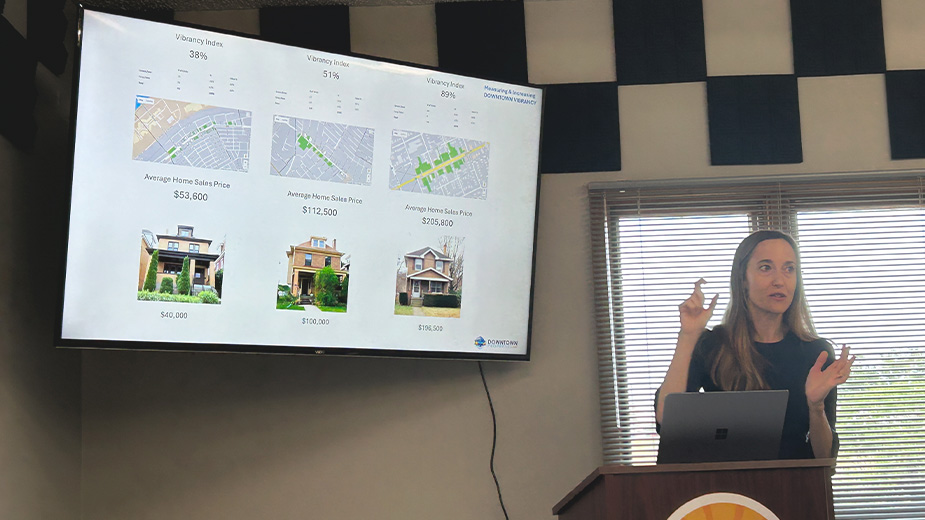Study: Poor Mental Health Could Cost Economy $53B
UNIVERSITY PARK, Pa. – A study led by a Penn State University researcher has found that poor mental health could cost the country upward of $53 billion in income annually.
Studying economic and demographic data from 2008 to 2014, Penn State agricultural and regional economics professor Stephan Goetz found that a single poor mental health day per month was associated with a 1.84% drop in the per capita real income growth rate.
“This starts to give us an idea of what the gain could be, if we did spend more money to help people with poor mental health,” said Goetz in a release.
Poor mental health days are days when people describe their mental health as not good due to conditions such as depression, anxiety, stress and problems with emotion, the release said. The measurement did not include diagnosed mental illnesses
Goetz worked with Texas A&M University at Galveston professor Meri Davlasheridze and Penn State postdoctoral scholar Yicheol Han on the study.
The effect was stronger in rural counties, the team found as poor mental health days was associated with a 2.3% fall in income grown, versus a 0.87% percent fall in urban counties. Goetz noted that rural counties tend to be poorer than urban counties.
“We think this difference between urban and rural counties might exist because of the better services that are available for the mentally distressed in the urban counties, which are typically the wealthier counties,” he said. “If poor mental health days have a bigger impact in these poorer counties, it suggests that they would have an even harder time keeping up with the wealthy counties.”
The study, featured in the current issue of the Review of Regional Studies, used county-level data from the Bureau of Economic Analysis, U.S. Census Bureau and Northeast Regional Center for Rural Development, of which Goetz is the director. Mental-health data were pulled from the County Health Rankings.
Copyright 2024 The Business Journal, Youngstown, Ohio.



